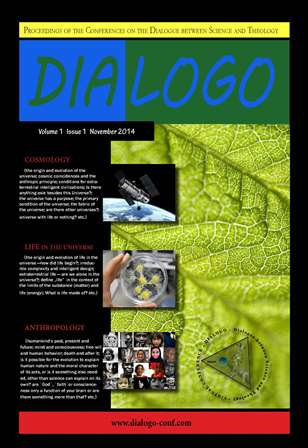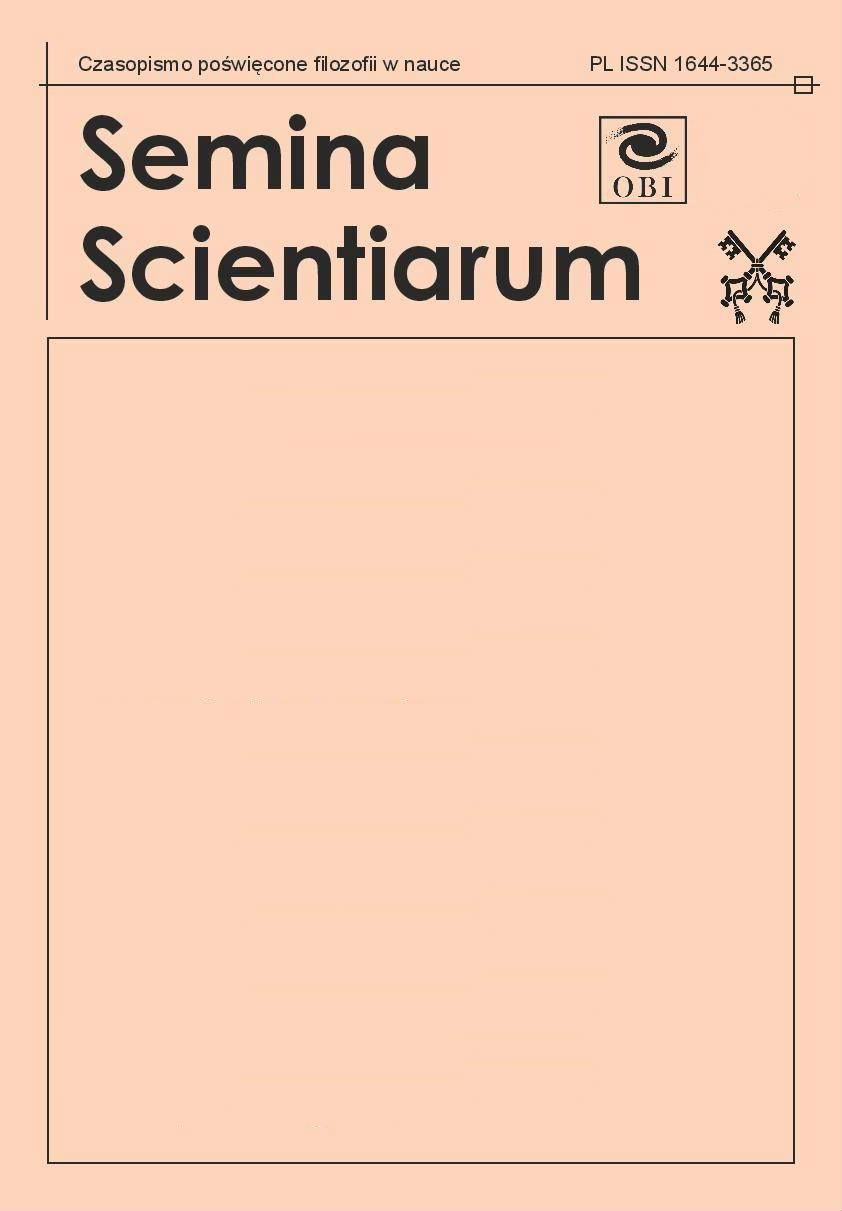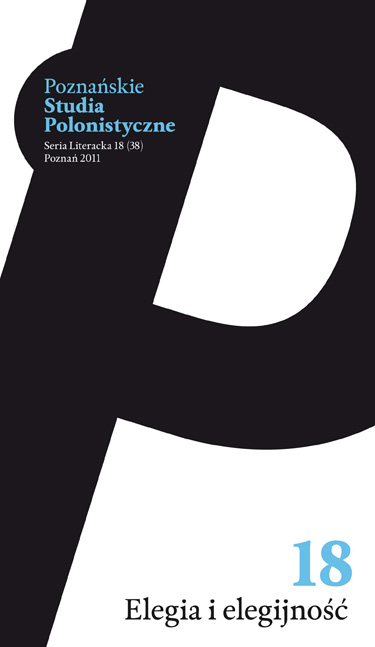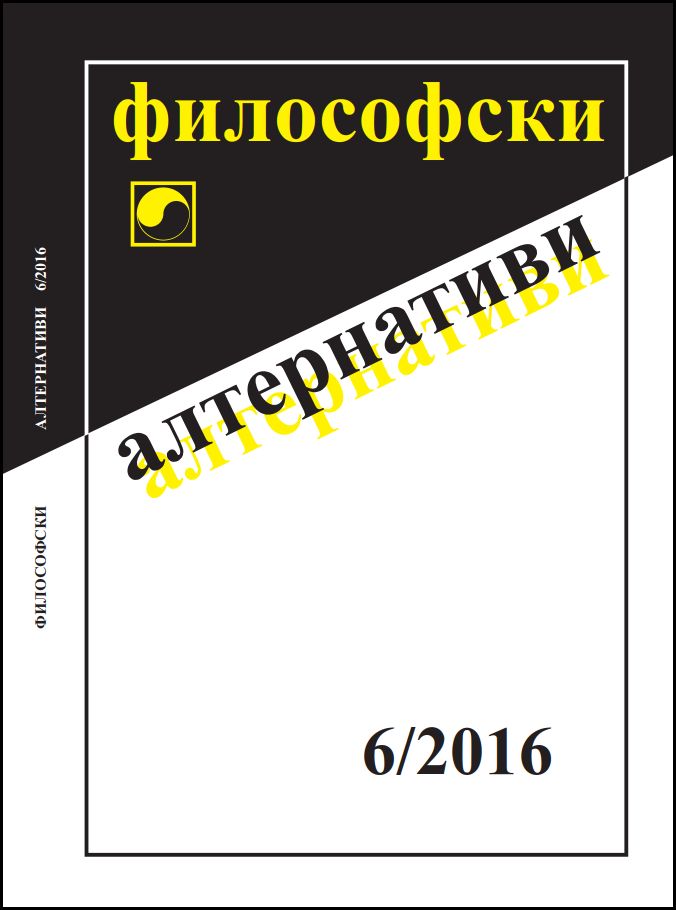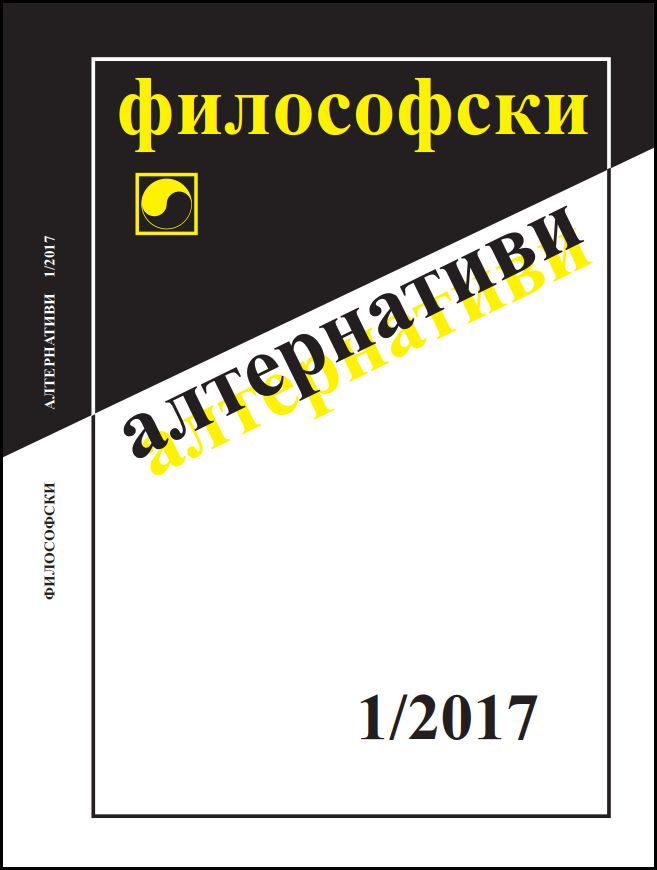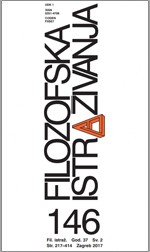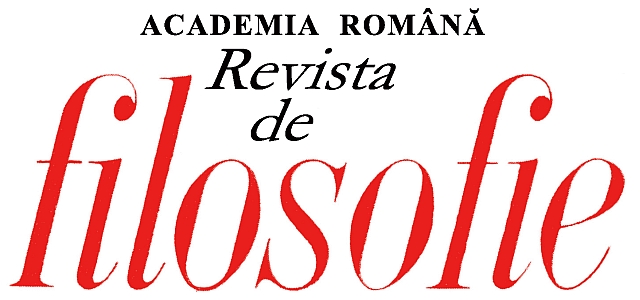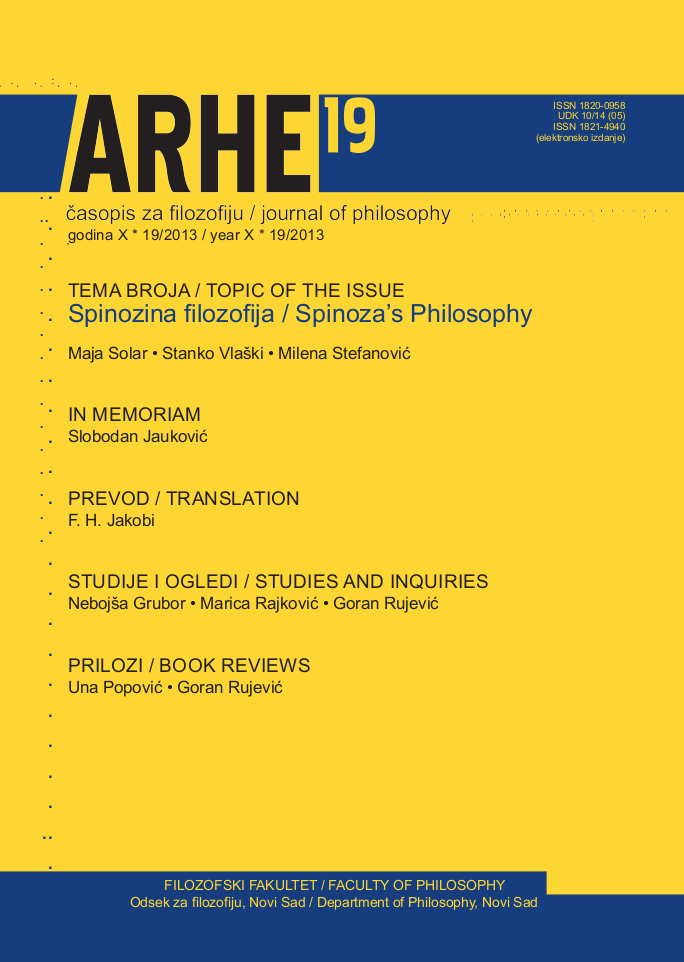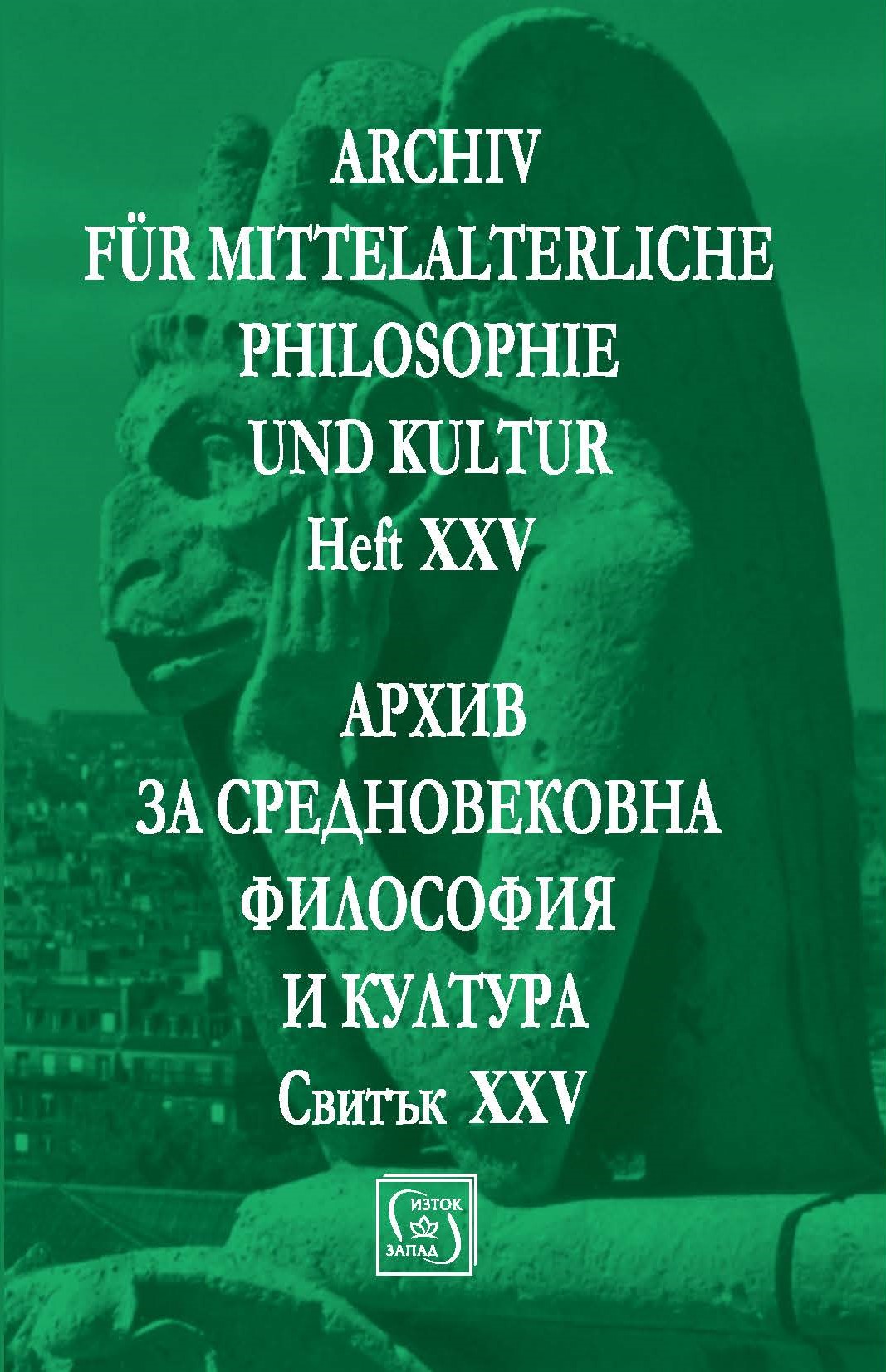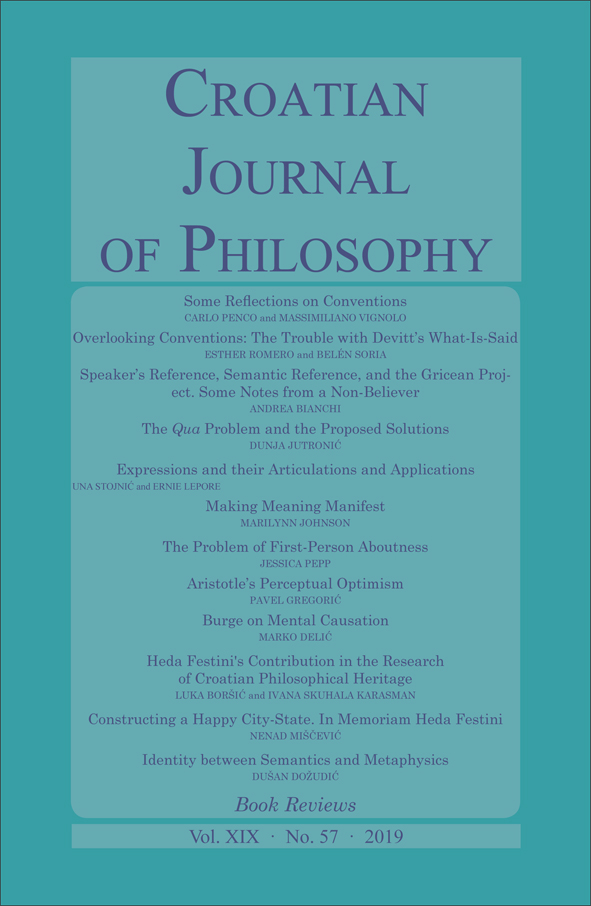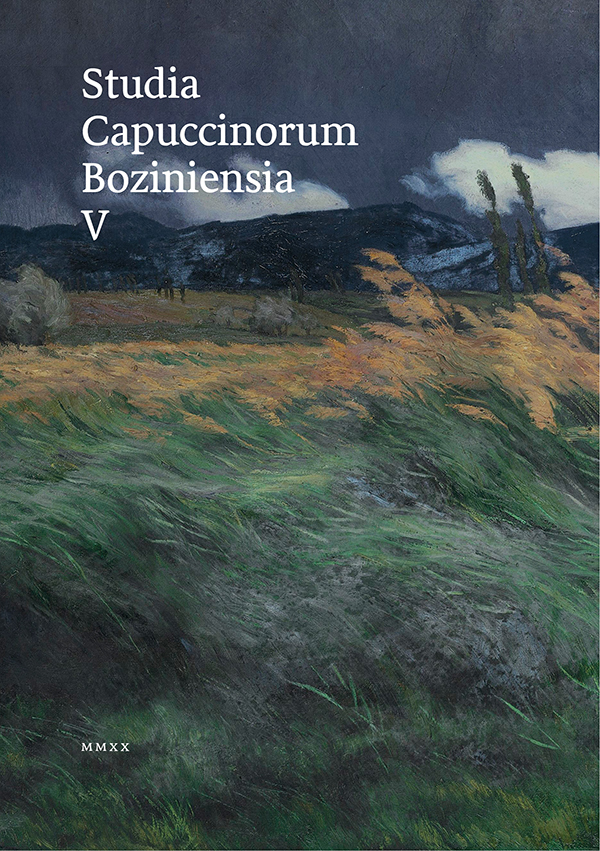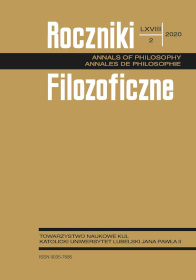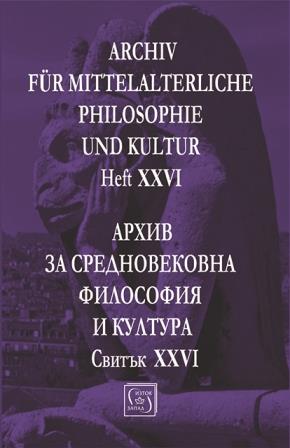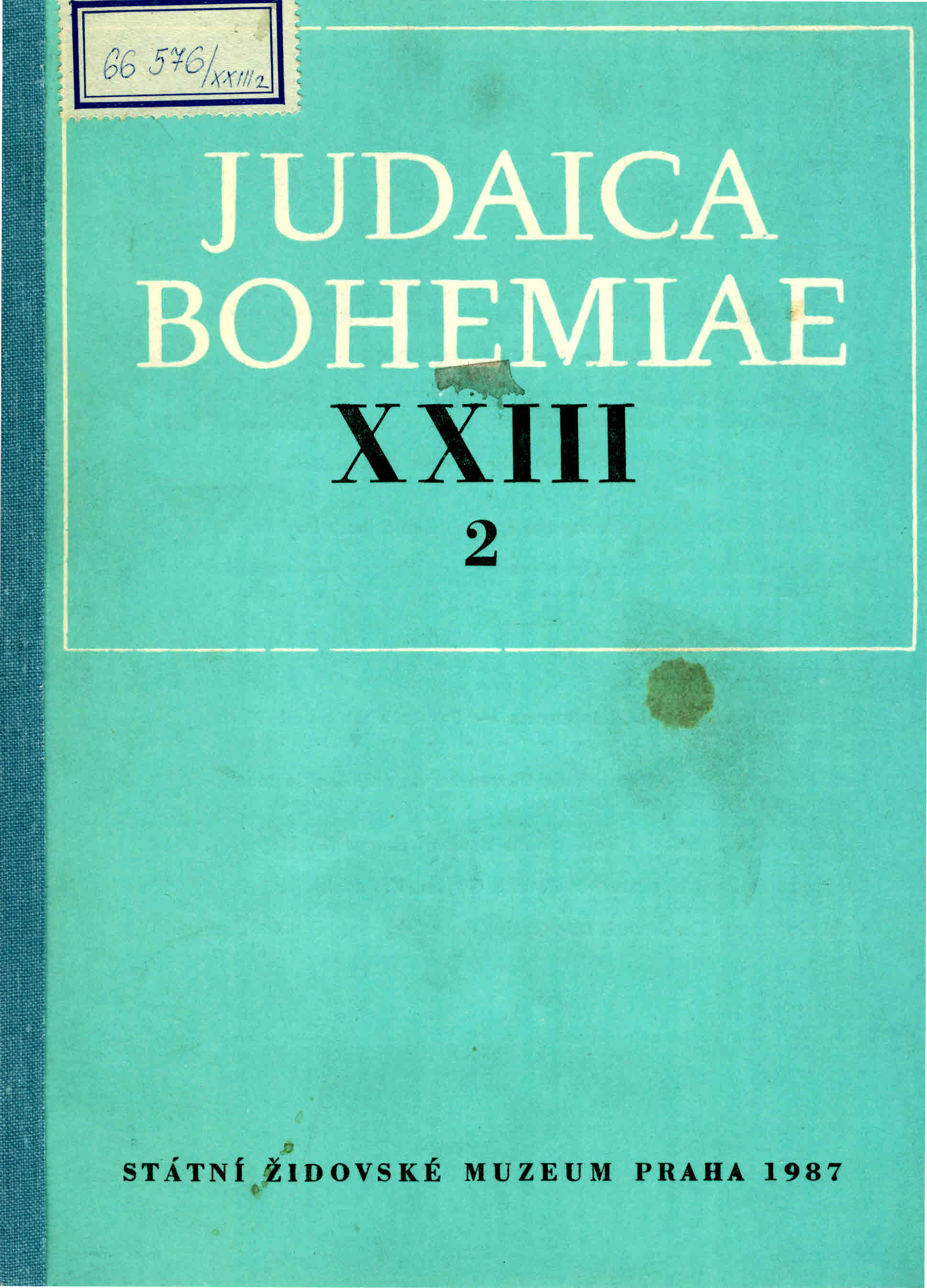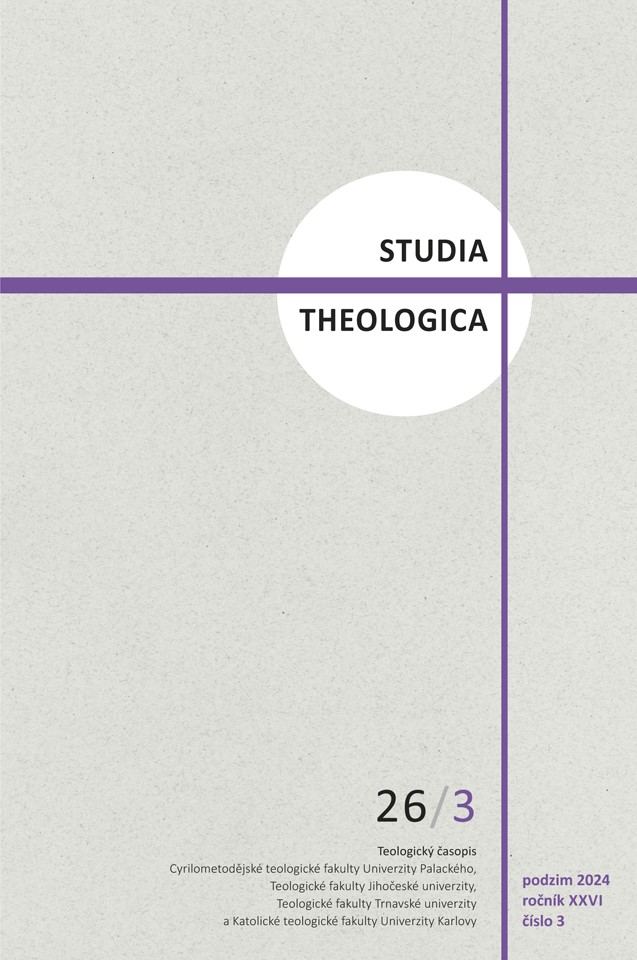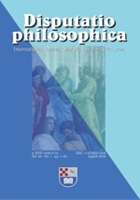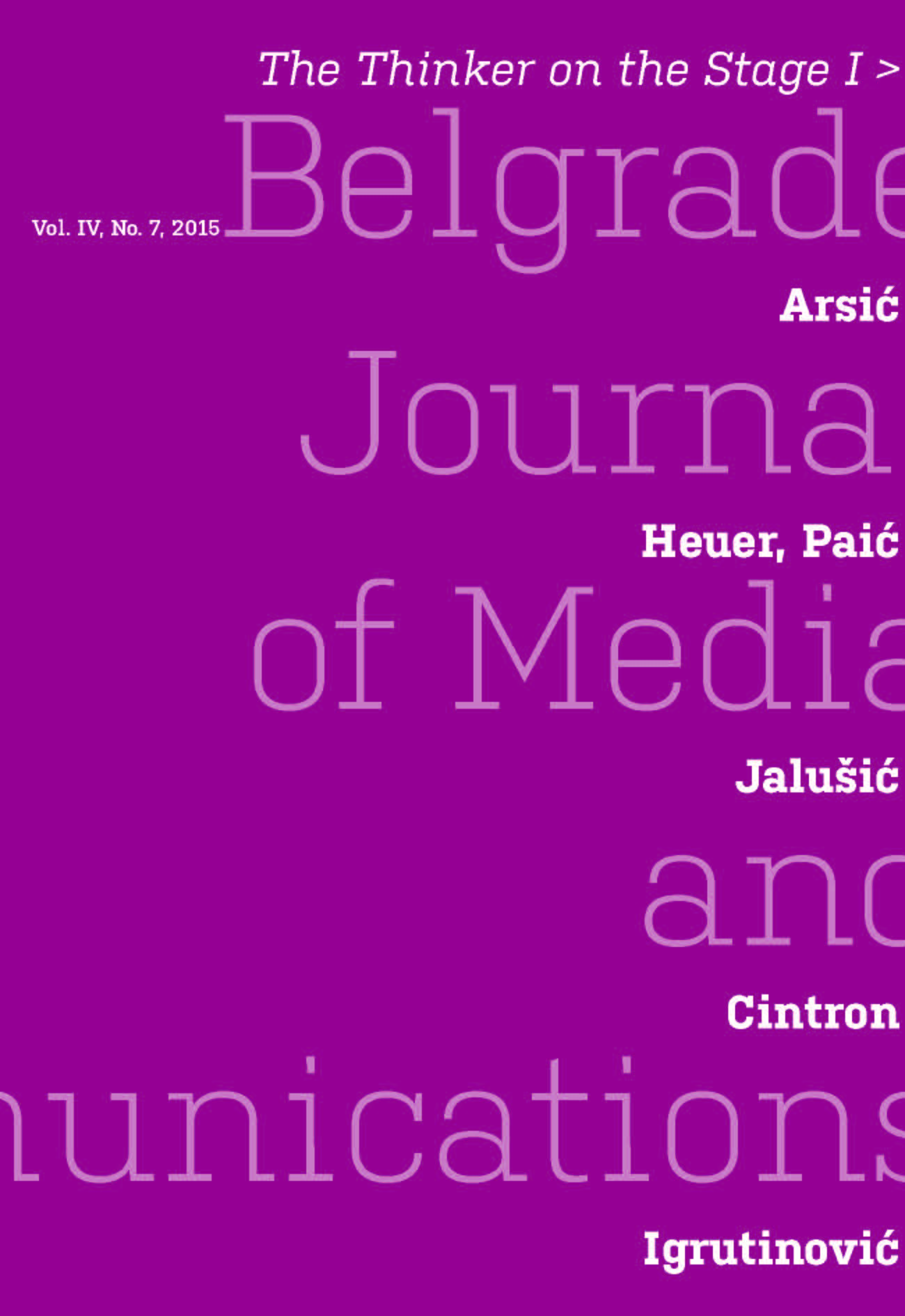
To Act, To Do, To Perform: Shakespeare’s Stage, or How Can a Thinker Act?
This paper attempts to address, by way of a rereading of Shakespeare’s Hamlet in the key of the philosophy of Renaissance Neoplatonism, the question of whether (and how) a ‘thinker’ discovering what is rotten in the state of the world can be engaged in actively changing it through politics or activism without losing her integrity, objectivity and independence. Ambivalent, like much of Renaissance Neoplatonism itself, towards both pure action and pure contemplation, Shakespeare seems to offer a via media between the two, suggesting that the art of the theater can be a kind of theurgy and that the illusory truth of dramaturgy can surpass that of demiurgy.
More...
